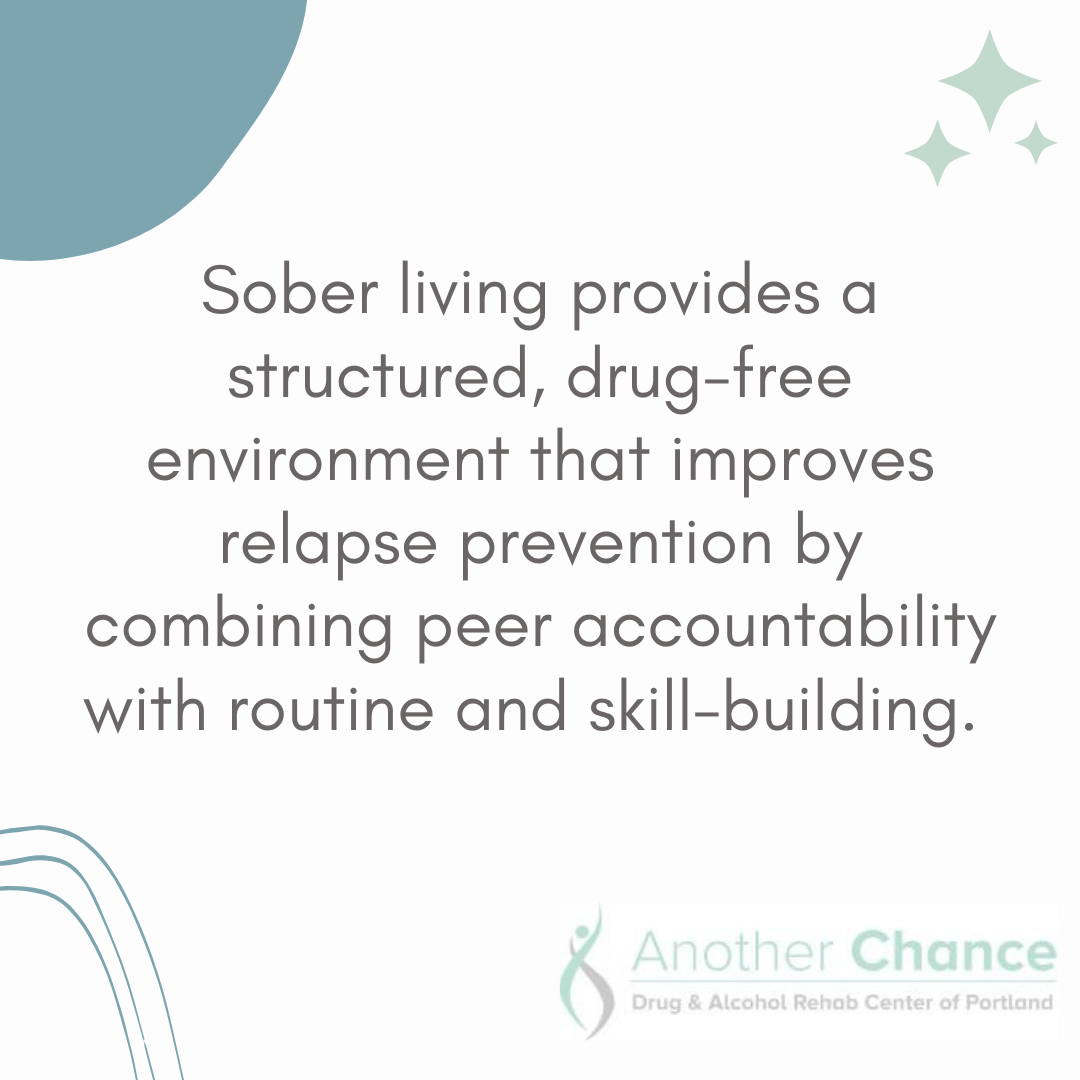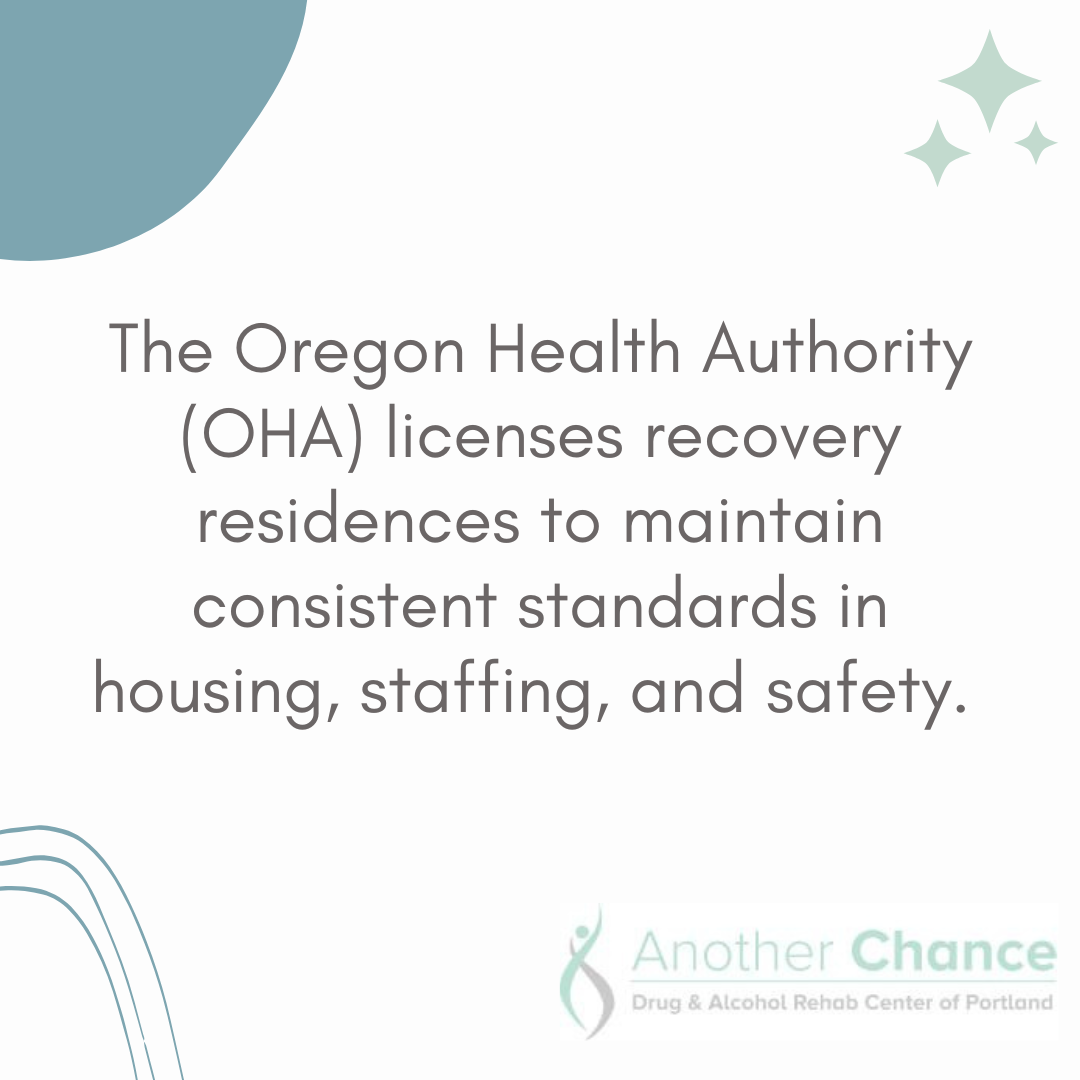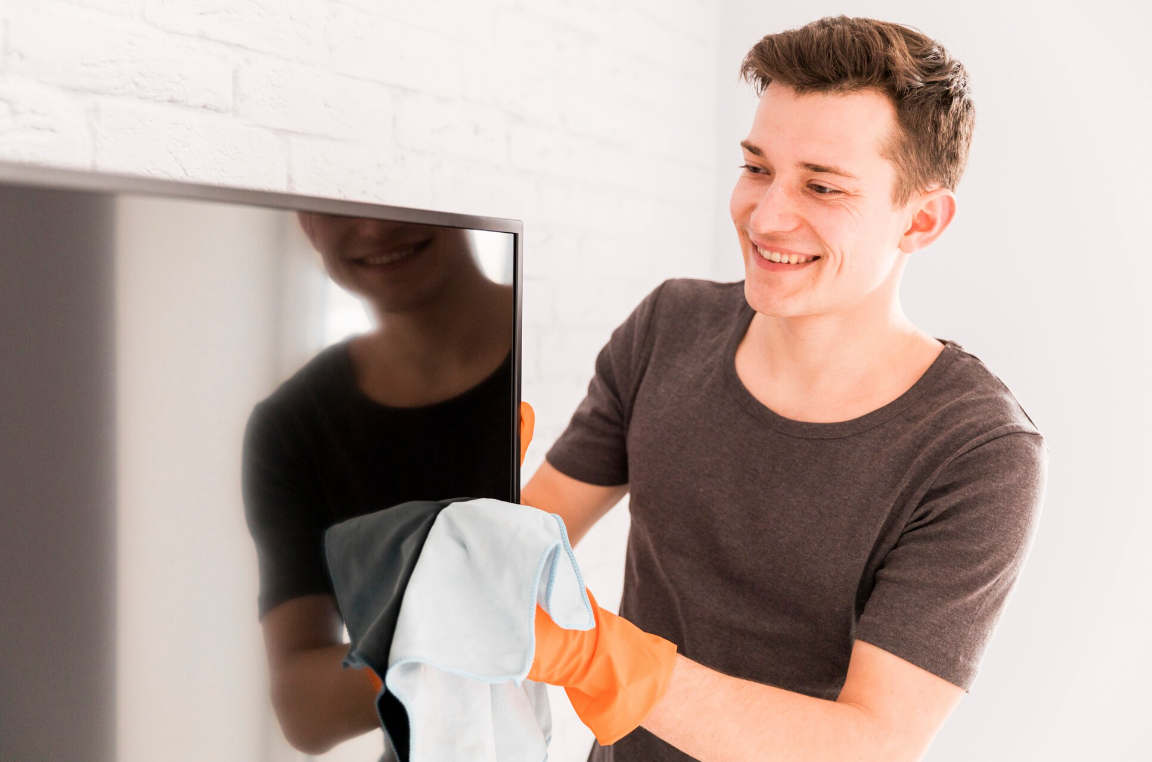September 19, 2025
Discover how sober living in Portland, Oregon, offers structure, support, and community. Explore how these facilities foster independence after treatment.
Lasting sobriety is not a far-fetched reality. And often, it starts with choosing the right environment. Sober living in Portland Oregon, offers a structured, supportive space where you can reestablish daily routines, stay accountable, and gradually transition back into independent life.
In this comprehensive guide, we’ll discuss what sober living entails, how to find the ideal recovery residence, typical expenses and insurance options, and state regulations. Moreover, you’ll learn how structured housing reduces relapse risk, builds life skills, and connects you with the right people.

Sober living is a term that often comes up in discussions revolving around Portland rehab (or addiction recovery in general).
But what is sober living?
Sober living provides a structured, drug-free environment that improves relapse prevention by combining peer accountability with routine and skill-building. By offering regular drug testing, house meetings, and communal support, these recovery residences enhance coping strategies and reinforce commitment to long-term wellness.
Sober living in Portland Oregon, and recovery residences differ in governance and structure. However, they do share the goal of giving you a safe transition from treatment to independence.
Drug and alcohol rehab centers are designed to help you stabilize and begin recovery through intensive medical and clinical care, while sober living homes focus on maintaining sobriety and building daily life skills after treatment. Halfway houses serve a different role entirely, offering a structured environment, often court-mandated, for people transitioning from incarceration or mandated programs back into the community.
Residential rehab provides the most immersive support, with 24/7 medical supervision and programs lasting 30 to 90 days. Halfway houses typically require a longer stay of 6 to 12 months, with set rules and accountability measures. Sober living homes are more flexible and peer-driven, often supporting residents for 3 to 18 months or longer as they gradually return to independent living.
Primarily, sober living in Portland Oregon, enhances recovery through community connections that improve life skills and reduce isolation.
As stated, sober living homes offer a structured environment that can significantly aid in relapse prevention by combining peer support with routine and skill-building. These residences often incorporate regular drug testing, house meetings, and communal support to enhance coping strategies and reinforce commitment to long-term wellness.

Finding the right sober living home means choosing a place that fits your lifestyle, supports your goals, and helps you stay committed to recovery.
Portland offers a variety of recovery housing options to suit different preferences and needs. These include the following:
Evaluating amenities helps you select a home that enhances your comfort and engagement. Here are some things you must take into consideration:
Asking targeted questions uncovers whether a residence aligns with your recovery goals. Here are some questions to ask to help you get started:
Cost is a major deciding factor when choosing a sober living facility.
The cost of sober living in Portland can vary widely depending on location, amenities, and the level of program structure, typically ranging from $500 to $2,000 per month. On average, you might expect to spend about $400 to $1,200 on rent and utilities, $200 to $500 on program fees, and $100 to $300 on food and other incidentals. These figures can help guide your budget planning and give you a clearer sense of the factors that influence overall costs.
Direct coverage for sober living is uncommon, but associated services like therapy and counseling are often covered. Usually, residents typically tap into:
Verifying benefits with your insurer ensures clarity on covered aftercare services.
Several programs can help make sober living in Portland, Oregon, more affordable for those in recovery.
For example, nonprofit models often provide sliding-scale fees. Meanwhile, local recovery coalitions may offer grants or scholarships to offset costs. Some recovery residences also use income-based sliding fee scales to adjust monthly payments.
Exploring these financial support options can significantly reduce out-of-pocket expenses and make supportive housing more accessible during this crucial stage of recovery.

Sober living in Portland, Oregon, operates under state regulations that ensure recovery homes provide safe, structured, and supportive environments for residents.
The Oregon Health Authority (OHA) licenses recovery residences to maintain consistent standards in housing, staffing, and safety.
These regulations include mandatory cleanliness and maintenance inspections, qualified staff or peer supervisors, regular drug testing protocols, and documentation of house rules and resident agreements.
Every sober living community sets clear expectations to foster responsibility. The most common rules you’ll encounter are:
Adhering to these rules promotes fairness and communal respect.
Peer-driven accountability in Portland, Oregon, sober living homes blends oversight with encouragement to help residents stay on track in recovery.
It often includes random or scheduled drug screenings to confirm sobriety, regular one-on-one check-ins with house managers or mentors, and group meetings where residents share their successes, challenges, and coping strategies. This structure strengthens personal commitment while fostering a sense of collective resilience within the community.

Daily life in a sober living community offers structure and support to help you rebuild routines after drug or alcohol substance abuse.
Consistent routines reinforce accountability and time management skills. And at facilities offering sober living in Portland Oregon, daily schedules blend responsibilities with restorative activities:
Sharing experiences in a recovery residence builds empathy and mutual encouragement, which improves relapse prevention. Regular house meetings and mentorship pairings strengthen bonds and sustain motivation through challenges.
Sober living emphasizes building practical skills that support long-term independence after residency.
Here, you’ll learn to budget and manage personal finances, develop resumes, practice interview techniques, and strengthen job retention strategies. You can also gain experience with healthy meal planning, self-care routines, and time management through structured daily schedules.
These competencies build confidence and help residents transition into autonomous living with the tools needed to maintain stability and sobriety.
Finding your footing after substance abuse starts with having the right support around you. Another Chance Rehab offers sober living in Portland, Oregon that connects you with outpatient care, personalized treatment, and a community that genuinely cares about your progress. Ready to build stability and confidence in your recovery? Reach out for an assessment today!

Reviewer
Henna is a content strategist with over 5 years of experience in behavioral health marketing. She specializes in creating informed, compassionate content for addiction treatment centers, using her deep understanding of the industry to educate, engage, and support individuals seeking recovery.